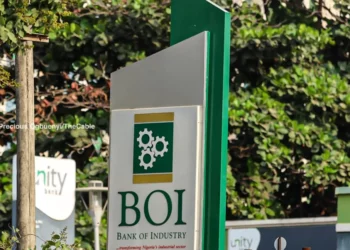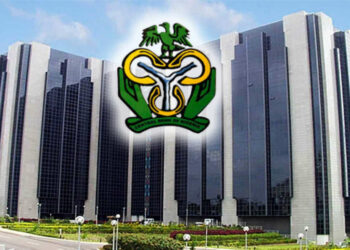In response to the escalating spate of fraud on digital payment channels in Nigeria, the Fintech Association of Nigeria (FintechNGR), the umbrella body for fintech players in the country, has announced plans to address the issue through a comprehensive framework for fraud reporting set to be released in 2024.
The CEO’s Committee of the FintechNGR disclosed this crucial initiative in a statement released in Lagos, emphasizing the severe implications of failing to curb these challenges, which could potentially jeopardize the entire digital ecosystem that has gained international recognition.
The framework, according to the Committee, is designed to combat fraud while being sensitive to privacy and regulatory concerns related to data centralization and reporting.
Uzoma Dozie, the Chairman of the CEO’s Committee, emphasized the delicate balance between safeguarding against fraudulent activities and respecting privacy and regulatory frameworks.
He stated, “We understand the delicate balance between safeguarding against fraudulent activities and respecting the privacy and regulatory frameworks that govern our industry. It’s not a trivial challenge, and the implications of missteps are significant.”
Following extensive consultations, the Committee is set to unveil a robust framework for fraud reporting and risk mitigation.
“Following extensive consultations, the Committee is delighted to announce the identification of a robust framework for fraud reporting and risk mitigation. This innovative approach addresses the foundational issue of thwarting malicious actors without compromising privacy and regulatory compliance,” added Uzoma Dozie.
The comprehensive framework, along with technical standards, is expected to be released by January 2024. This initiative has received strong support from various financial institutions, fintech companies, and other stakeholders, underscoring a collective commitment to fortifying the security of the entire banking and fintech communities.
The move comes amid rising concerns about fraud in the fintech sector. Recent reports revealed that three Nigerian fintechs lost over N5 billion to hackers in the first eight months of the year, highlighting the increasing cases of hacks and fraud within the ecosystem. The situation is further complicated as some of these incidents involve internal staff of the fintech companies.
“We understand the delicate balance between safeguarding against fraudulent activities and respecting the privacy and regulatory frameworks that govern our industry. It’s not a trivial challenge, and the implications of missteps are significant,” commented Uzoma Dozie.
Recognizing the severity of the issue, a commercial bank reportedly disconnected several fintechs from its platform to prevent potential attacks, temporarily affecting customers’ ability to send money to the affected fintechs. Although the matter was later resolved, it underscores the urgent need for robust measures to tackle cybersecurity threats in the fintech space.





